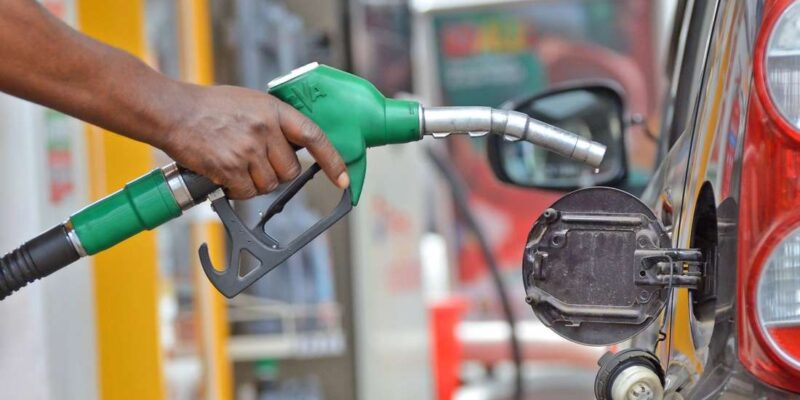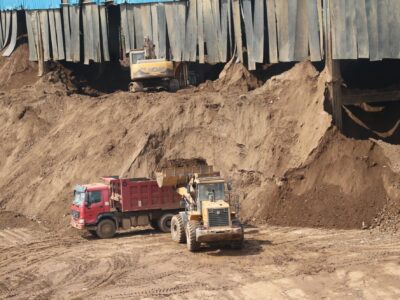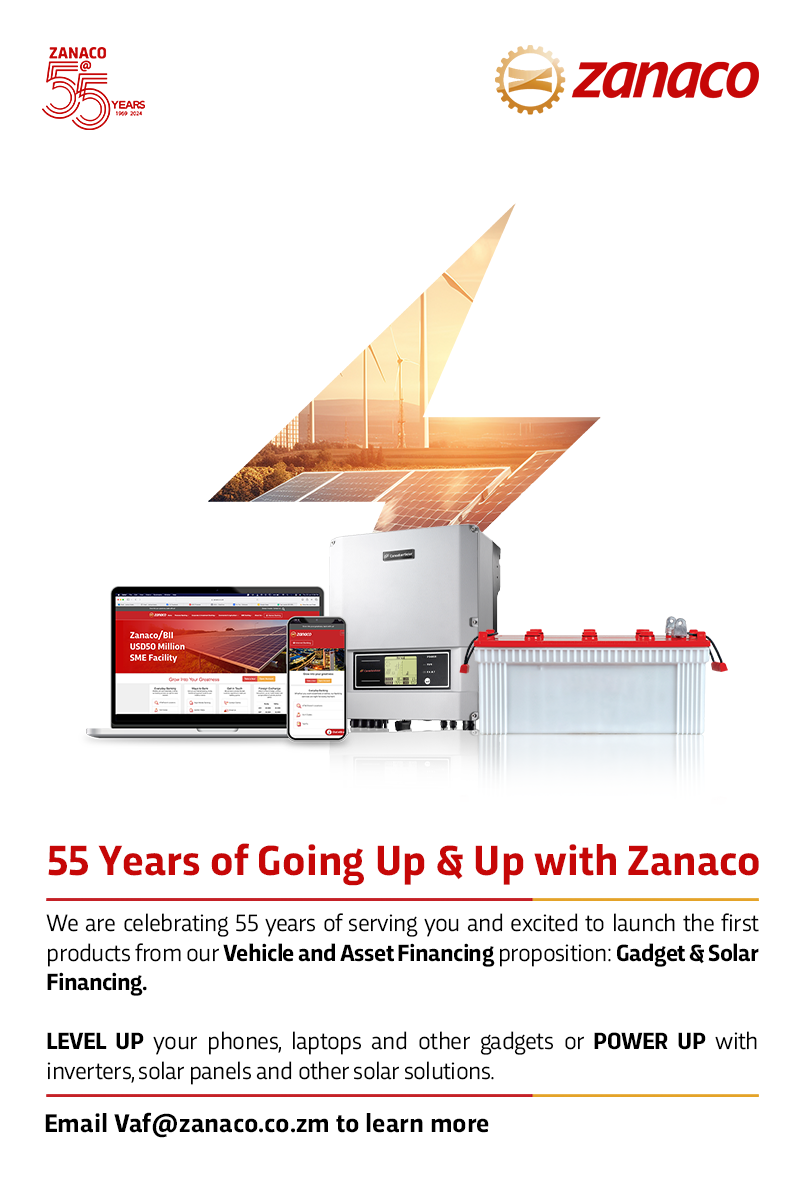The Energy Regulations Board (ERB) has increased fuel pump prices for the month of August, due to movement in international oil prices and the exchange rate.
Petrol would now be fetched at K25.57 from K24.93, with diesel being sold at K23.36 from K21.87.
Other petroleum products, such as Kerosene was pegged at K20.44 from K18.53, while Jet A-1 would be sold at K22.56 from K20.35.
ERB Board Chairperson, Reynolds Bowa, made the announcement at the monthly review media briefing held in Lusaka on Monday.
Bowa said the pump price of petrol, diesel, kerosene and Jet A-1 had been increased by K0.64, K1.49, K1.91 and K2.21 per liters respectively.
He attributed the changes in petroleum prices to the movements in international oil price and the exchange rate.
Bowa added that the price of oil on the international market between July 2023 and August 2023 had risen.
He said specifically, the average prices of petrol, diesel and kerosene increased by 3.50 percent, 7.57 percent and 6.97 percent respectively.
Bowa stated that the increased oil prices were attributed to the speculation of potential global supply deficits, with Organisation for Petroleum Exporting Countries and its Allies (OPEC+) announcing oil production cuts.
“The announced oil supply cuts is happening when there is a steady increase in demand, following the on-going global economic recovery, post the COVID-19 pandemic,” he said.
Bowa said the increasing trend in global oil prices was consistent with increasing prices of major commodities in reaction to prospect of interest rate hikes in major global economies.
Read More: Fuel to sell for K27:22, as Zambia’s energy regulator, ERB, announces new prices
He said during the August 2023 price review period, the exchange rate of the Kwacha to the United States Dollar depreciated from K17.73/US$ to K18.51/US$, representing 4.35 percent.
Bowa said the depreciation of the Kwacha continued to be mainly driven by the demand for foreign exchange outstripping the supply.
“Despite the positive outlook resulting from the conclusion of the debt restructuring programme, the Kwacha reaction is slow because it continues to face persistent inflationary pressures,” he said.
During the period under review, Bowa said the two key fundamentals that affected the price of fuel in Zambia moved in the same adverse direction.
WARNING! All rights reserved. This material, and other digital content on this website, may not be reproduced, published, broadcast, rewritten or redistributed in whole or in part without prior express permission from ZAMBIA MONITOR.













Comments